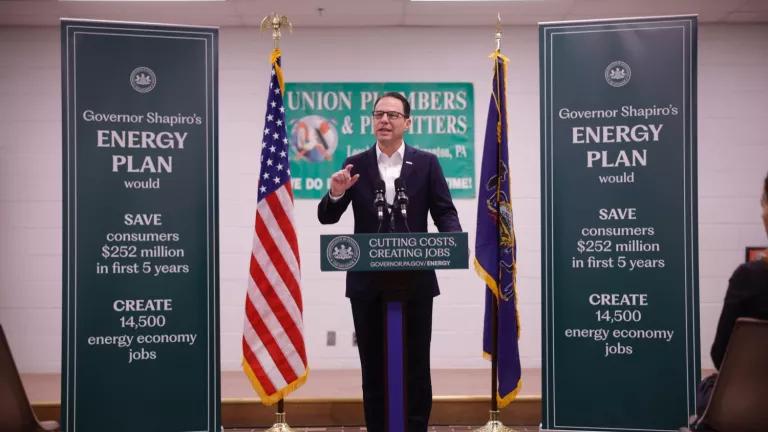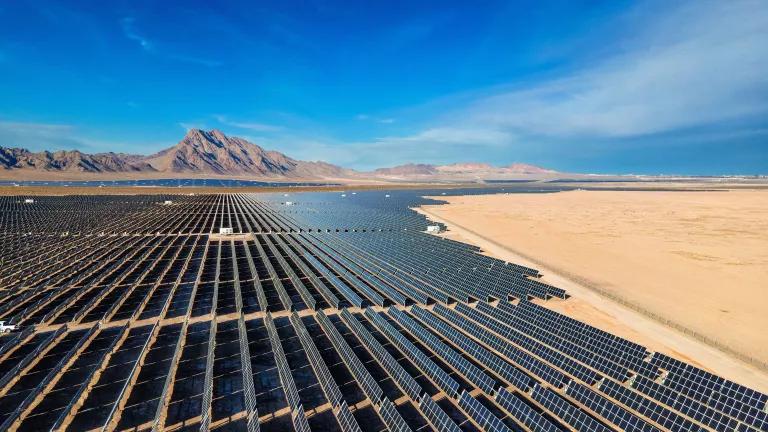The California Air Resources Board (CARB) yesterday approved some of the nation’s strongest limits on emissions of methane, a potent climate-changing pollutant, from oil and gas operations. California is the third largest oil-producing state in the nation. Along with other major oil and gas producing states including Wyoming and Colorado that have led on curbing this rampant pollution, California is showing that strong, yet common sense rules to cut methane are good for the environment and for business.
California’s new standards will:
- Control methane across large parts of the oil and gas supply chain—from production to transmission;
- Apply to both new and existing sources of emissions;
- Require continuous air quality monitoring at underground natural gas storage facilities like Aliso Canyon, which last year was responsible for one of the nation’s largest methane leaks;
- Prioritize capturing methane (as useful natural gas) instead of burning it off in flares; and,
- Require “leak detection and repair”—periodic surveys to look for and fix leaking equipment, which is critical curbing the biggest leaks (the so-called “super-emitters”) that are responsible for a disproportionate share of total emissions.
While California and other leading states are taking significant steps forward to reduce climate-changing pollution and needless waste of our natural resources, the federal government is trying to take giant leaps backward.
On February 3, the U.S. House of Representatives voted 221-191 to repeal a Bureau of Land Management (BLM) standard that requires oil and gas operations on the nation’s public lands to use commonsense, low-cost measures to prevent methane venting, flaring, and leakage. The repeal measure is now before the U.S. Senate, but it may not have the votes needed to pass.
That’s because a groundswell of citizens, local elected officials, and businesses are urging their Senators to see the benefits of the BLM rules, which would cut emissions of climate-changing and harmful air pollutants, yield millions of dollars in royalty payments for both federal and local taxpayers, and create high-quality jobs in the businesses that provide the products and services to curb methane emissions.
For these reasons, BLM’s rules enjoy broad public support—a recent poll shows that more than 80% of westerners favor limiting methane waste on public lands. Individuals and organizations across the political spectrum—faith groups, ranchers and farmers groups, sportsmen, public health experts, and taxpayer organizations—all want the BLM rules to stay in place.
Nevertheless, the Trump administration is set on handing out favors to the oil and gas industry like candy on Halloween. Scott Pruitt, the new Administrator of the U.S. Environmental Protection Agency (EPA) and a man with deep ties to oil and gas, recently treated the industry by withdrawing EPA’s request for information about methane emissions from existing oil and gas operations. Pruitt has also hinted that he’s considering repealing EPA’s standards that are already reducing methane emissions from new oil and gas operations.
Leading states like California have a big role to play in cleaning up methane pollution from the oil and gas industry and these new rules are a major step forward. But the federal government has a duty to all Americans, regardless of where they live, to curb emissions of climate-changing pollution and stop careless waste of our shared natural resources. It’s now up to the Senate to fulfill that responsibility by not repealing the BLM methane waste rule.



